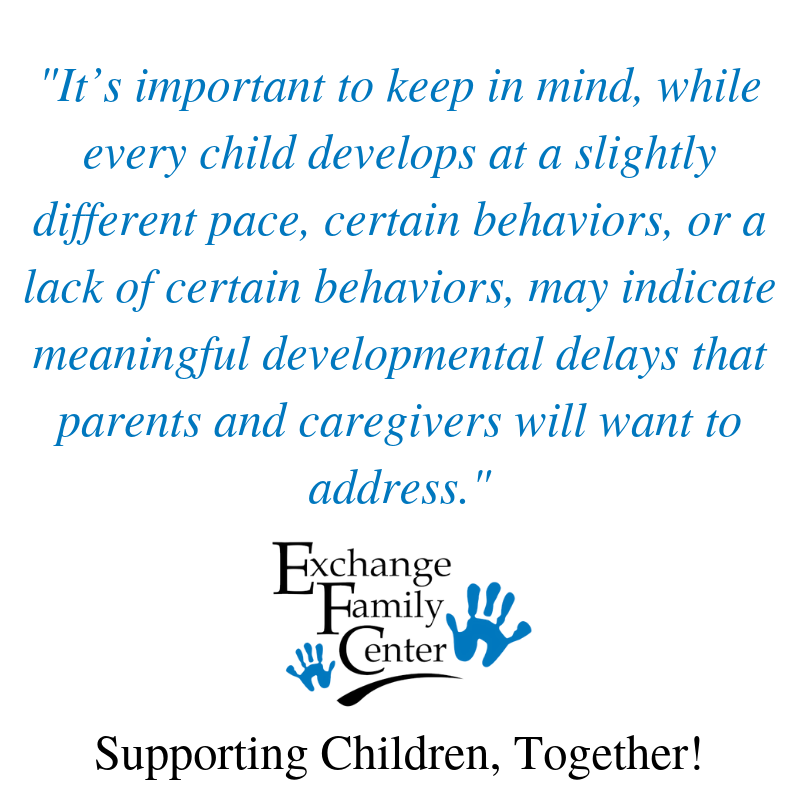Reaching your child’s first birthday is a huge child development milestone! As you think back on the past 12 months, think of all the growth and development. Your child has transformed from a helpless newborn into an independent little person. What a difference a year makes!
The good news? You’re probably still getting two naps from your 1-year-old. Enjoy the peace and quiet because it won’t much longer. The following checklist gives you an idea of the milestones we would expect to see a baby reach by his or her first birthday. You can use this list as a guide when you see your child’s pediatrician.
What most children do by this age:
Social and Emotional:
Is shy or nervous with strangers
Cries when mom or dad leaves
Has favorite things and people
Shows fear in some situations
Hands you a book when he wants to hear a story
Repeats sounds or actions to get attention
Puts out an arm or leg to help with getting dressed
Plays games such as “peek-a-boo” and “pat-a-cake”
Language and Communication:
Responds to simple spoken requests
Uses simple gestures, like shaking her head “no” or waving “bye-bye”
Makes sounds with changes in tone (sounds more like speech)
Says “mama” and “dada” and exclamations like “uh-oh!”
Tries to say words you say
Cognitive (learning, thinking, and problem-solving):
Explores objects in different ways, like shaking, banging, throwing
Finds hidden things easily
Looks at the right picture or thing when it’s named
Copies your gestures
Starts to use things correctly; for example, drinks from a cup, brushes hair
Bangs two things together
Puts things in a container, takes things out of a container
Lets things go without help
Pokes with index (pointer) finger
Follows simple directions like “pick up the toy”
Movement and Physical Development:
Gets to a sitting position without help
Pulls up to stand, walks holding on to furniture (“cruising”)
May take a few steps without holding on
May stand alone
It’s important to keep in mind, while every child develops at a slightly different pace, certain behaviors, or a lack of certain behaviors, may indicate meaningful developmental delays that parents and caregivers will want to address.
Act Early by letting to your child’s medical provider know if your child:
Doesn’t crawl
Can’t stand when supported
Doesn’t search for things that she sees you hide
Doesn’t say single words like “mama” or “dada”
Doesn’t learn gestures like waving or shaking head
Doesn’t point to things
Loses skills he once had
Talk to your child’s medical provider if you notice any of these signs of possible developmental delay for this age. You may also benefit from talking with someone familiar with the available services for young children in your local area, such as your state’s public early intervention program. For more information, visit the CDC's “If You’re Concerned” webpage or call 1-800-CDC-INFO.
The American Academy of Pediatrics recommends that children be screened for general development using standardized, validated tools at 9, 18, and 24 or 30 months and for autism at 18 and 24 months or whenever a parent or provider has a concern. Ask your child’s medical provider about your child’s developmental screening.
This parenting tip blog post has been adapted from resources available through the Center for Disease Control (CDC). Explore their website for further information more detailed checklists about child development.
And check out the resources available through the Exchange Family Center for parents and caregivers. We’ll be continuing this deep dive into important child development milestones in upcoming posts. So stay tuned!

